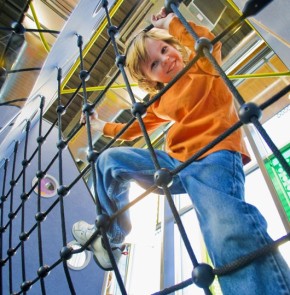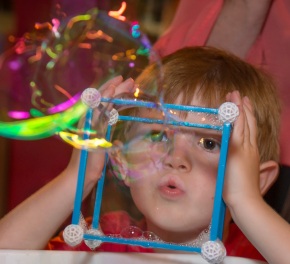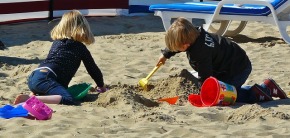Play Changes the Connections of Neurons in the Brain, Researchers Say
The neural changes that result from play help wire children’s brains to successfully regulate emotions, make plans, and solve problems, according to researcher Sergio Pellis of the University of Lethbridge. A recent article on the… Continue reading





